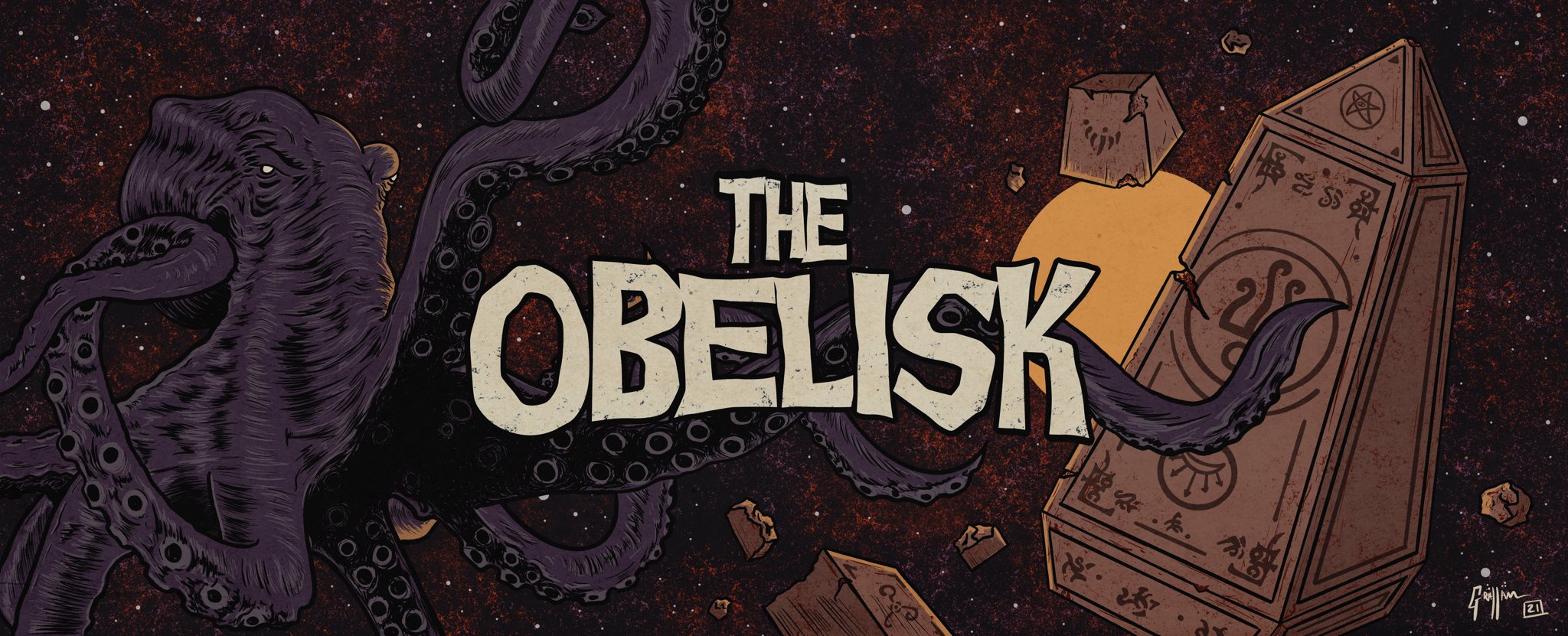Fuzz Evil, Fuzz Evil: The Good Medicine (Plus Full Album Stream)
[Click play above to stream Fuzz Evil’s self-titled debut in its entirety. Album is out today, Sept. 30, on Battleground Records.]
If Arizona trio Fuzz Evil‘s debut album feels like it’s been a long time coming, it hasn’t. The band based in Sierra Vista — near Mexico, but I don’t know if it qualifies as a “border town” — only formed in 2014, and it’s much to the credit of the impression they’ve made thus far that their first full-length hits with such a measure of anticipation.
Released on Battleground Records, Fuzz Evil‘s Fuzz Evil follows behind two prior short outings: a late-2014 split with Chiefs (review here) that marked their first release, and a single, “Born of Iron” (streamed here), that hit in the middle of last year. Both of those showed considerable promise on the part of the band in pushing forth unpretentious desert-minded heavy rock, straightforward in construction and based around an easy flowing songwriting process putting the brotherly pair of guitarist/vocalist Wayne Rudell and bassist Joey Rudell — also both of Powered Wig Machine and organizers of the Borderland Fuzz Fiesta — at the fore in tone and presentation.
Fuzz Evil, the album, marks the farewell of drummer Marlin Tuttle, who has since been replaced by Daniel Graves (also Powered Wig Machine), and the band’s original lineup goes out much the way it came in: on a foundation of quality songs incorporating influences without being overly indebted to them.
I don’t think they’re the kind of band looking to set the world on fire, but the spirit behind the material across the manageable six-track/29-minute span here is genuine, and for as little as Fuzz Evil ask in indulgences of the listener — maybe a couple jammy minutes at the end of closer “Black Dread”; still not much in the grander scheme of existence — what they deliver far outweighs. Six-string wizard Arthur Seay of House of Broken Promises and Unida puts in a guest spot on lead guitar for opener “Good Medicine,” but even his blazing fret work becomes another part of the total impression the band makes, as does the later organ work of Brian Gold, who also recorded, mixed and mastered the collection at Primrose Studio.
One might say the same of the production itself, since from the sound of the crash-in cymbals of “Good Medicine,” Fuzz Evil have a rawness of sound that persists even as they expand outward from the album’s first four tracks into the longer and jammier final two. By the time “Good Medicine” has seen fit to give way to the subsequent “My Fuzz” — some charming self-awareness paired with a strutting riff — it’s even harder to ignore in light of the band’s name how much Rudell‘s guitar tone actually has in common with old Celtic Frost or even circa-1984 Saint Vitus in its bite, playing to both the “fuzz” and the “evil.”
Whether that’s on purpose or not, I wouldn’t speculate, but as “My Fuzz” proffers one of the record’s best hooks, it adds depth to the proceedings overall, and speaks at very least to the band’s ability to evoke a varied response. I could be way off any actual influences, in other words, but “Killing the Sun,” which is more post-Queens of the Stone Age in its construction, has some of that underlying darkness too, bolstered by the fact that the vocals are pushed down in the mix under the guitar and bass.
Remembering this is Fuzz Evil‘s first album, and that it’s short, the momentum the Rudells and Tuttle build across the first four tracks is all the more impressive for its flow from one to the next, “My Fuzz” collapsing into the start of “Killing the Sun,” or “Bring Them Through” picking up on the beat from there with a more forward melody in its hook and a mid-paced tempo that does well in setting up the expansion that begins with “Odin Has Fallen” and continues into closer “Black Dread,” the latter also the longest song on Fuzz Evil at just over seven minutes.
Not that Fuzz Evil are going completely off the rails or anything — they keep a consistent sense of craftsmanship — but they space out some wah on “Odin Has Fallen” and in the second half of the track, Wayne drawls out his vocals in a way that reminds of Electric Wizard‘s Jus Oborn, albeit in a much different context. That track finishes with a crash and organ at the beginning of “Black Dread” immediately provides a signal that the palette has expanded.
The aforementioned prior single “Born of Iron” demonstrated a jammier side of Fuzz Evil‘s style, and with its fluid lead work, effects flourish, keys, and languid rhythmic motion, “Black Dread” seems to be building on similar impulses. By its midsection, it’s conjuring howling psychedelia and is locked into the instrumental jam that will carry through its remaining three minutes, each member of the trio playing their part in a final exhibition of the chemistry they’ve established to this point.
Like most of the record before it, “Black Dread” is smooth and will be accessible for the already converted, but the manner in which it adds to the earlier and more straight-ahead material isn’t to be understated. Especially for a debut, it’s a pivotal turn, and one well made. With a few surprises in its overall sound, roughness, songwriting and front-to-back push, Fuzz Evil‘s first expands on the work they have done in setting it up through their singles and sets in motion a creative progression that could continue in any number of directions. It’s reassuring to hear a relatively new band with such a clear idea of who and what they want to be.
LP order page at Battleground Records
Battleground Records on Thee Facebooks
Battleground Records on Bandcamp
Tags: Arizona, Battleground Records, Fuzz Evil, Fuzz Evil Self-titled, self-titled, Sierra Vista





